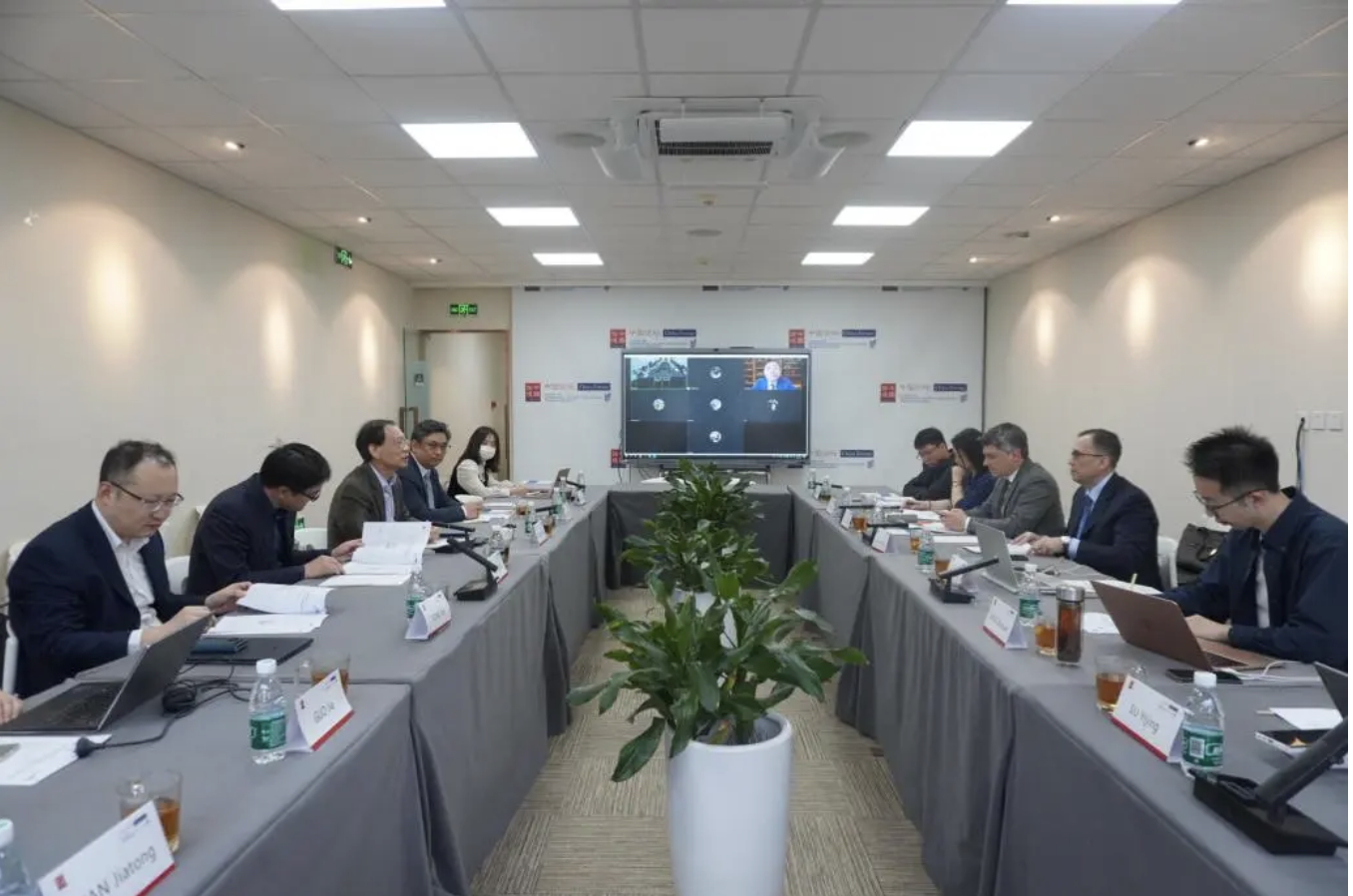On April 23, China Forum held the 4th Dialogue Among the Wise · International Seminar on Terrorism in a Geopolitical Age: New Paradigms and New Challenges, which explored effective responses to regional and global terrorism across the complex international landscape.
The event was structured into two sessions: “Emerging Trends in Terrorism” and “New Counter Terrorism Strategies and International Cooperation,” in which the panelists discussed specific issues such as how terrorism has changed as technology evolves, the role of international organizations in counter terrorism, and global cooperation.
In Panel I, Victor J. Willi, co-founder of the Middle East Institute Switzerland and an expert in geopolitical studies of the Middle East and North Africa, took stock of the recent conflict in Gaza and Iran-Israel military tensions. The political landscape in the Middle East may have undergone a radical shift, and the regional power pattern has shown growing multipolarity, said Willi.
Zhao Huasheng, a China Forum expert and professor at the Institute of International Studies at Fudan University, noted that eradicating terrorism requires the international community to strengthen cooperation, for which the Shanghai Cooperation Organisation (SCO) is an important platform. He added that, in the era of AI, countries need to engage more in curtailing the exploitation of advanced technologies in the realm of terrorism, and identify effective counter terrorism strategies for the new era.
Zhao Hai, director of the International Politics Program at the National Think Tank for Global Strategy, Chinese Academy of Social Sciences, zeroed in on how the US has shifted the focus of its global security priorities from counter terrorism to strategic competition with major powers such as China and Russia and how, as a result, it now faces broader and more ideologically diverse terrorist threats across regions.
In Panel II, Ulugbek A. Khasanov, head of the International Conflict Study Lab at the University of World Economy and Diplomacy, Uzbekistan, combed through emerging threats from terrorist and extremist factions across Eurasia. Terrorist organizations are a derivative of the interests and foreign policies of different political players in the world, said Khasanov, adding that China and the SCO can play a crucial role in counter terrorism in Central Asia.
Yue Xiaoyong, special envoy on Afghan affairs of the Ministry of Foreign Affairs of China and a China Forum expert, reviewed the evolution of terrorism, the basis of international law for the suppression of international terrorism, and explained China’s position on the relevant issues. He stressed that counter terrorism cooperation is one of the 20 priorities in the concept paper of China’s Global Security Initiative, and China will stay committed to the initiative and to promoting international counter terrorism cooperation.
Professor John Gong, a China Forum expert and vice president for research at the University of International Business and Economics Israel, shared his take on the threat of terrorism to the economies of countries and regions, and the characteristics of terrorist organizations. Terrorist activities have become increasingly complicated and radicalized by the domestic and international political agendas of the relevant countries, posing the challenge for all countries to better manage risks and curtail terrorism.
After the thematic sessions, the panelists joined a Q&A on the role of governments and international organizations in counter terrorism operations, the impact of technological advances on terrorism, and great power cooperation, among other topics.
The China Forum · Dialogue Among the Wise series spotlight international relations and dynamics, and aims to deepen knowledge and understanding of the relevant issues and policies through dialogue among the intelligent minds.

